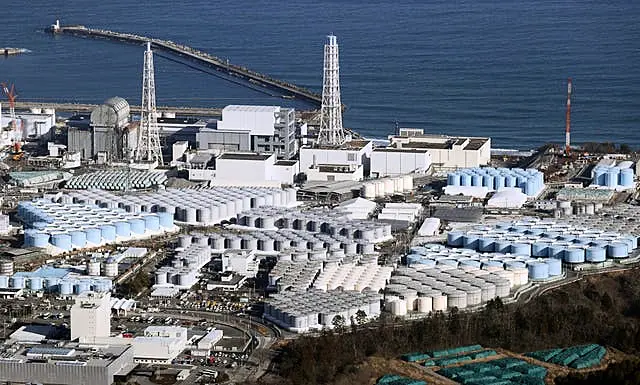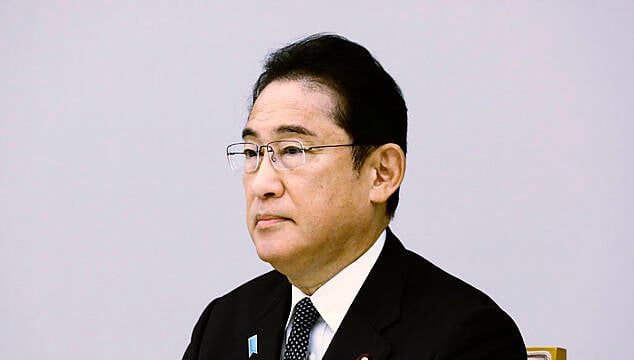Treated and diluted radioactive wastewater from the Fukushima Daiichi nuclear power plant will be released into the ocean from as early as Thursday, Japan’s government has confirmed.
Japanese prime minister Fumio Kishida gave the final go-ahead at a meeting of Cabinet ministers involved in the plan on Tuesday and instructed Tokyo Electric Power Company Holdings (Tepco) to be ready to start the coastal release on Thursday if weather and sea conditions permit.
The water release begins nearly 12 and half years after the March 2011 nuclear meltdowns caused by a massive earthquake and tsunami.
Mr Kishida said at the meeting the release of the water is essential for the progress of the plant decommissioning and Fukushima’s recovery.

He said the government has done everything to ensure safety, combat the reputational damage for the fisheries and to provide transparent and scientific explanation to gain understanding in and outside the country.
He pledged the government will continue the effort until the end of the release and decommissioning.
Japanese fisheries groups have opposed the plan due to concerns over further damage to the reputation of their seafood. Groups in China and South Korea have also raised concern, making it a political and diplomatic issue.
The government and Tepco say the treatment and dilution will make the wastewater safer than international standards and its environmental impact will be negligibly small.
But some scientists have said long-term impact of the low-dose radioactivity which remains in the water needs attention.







